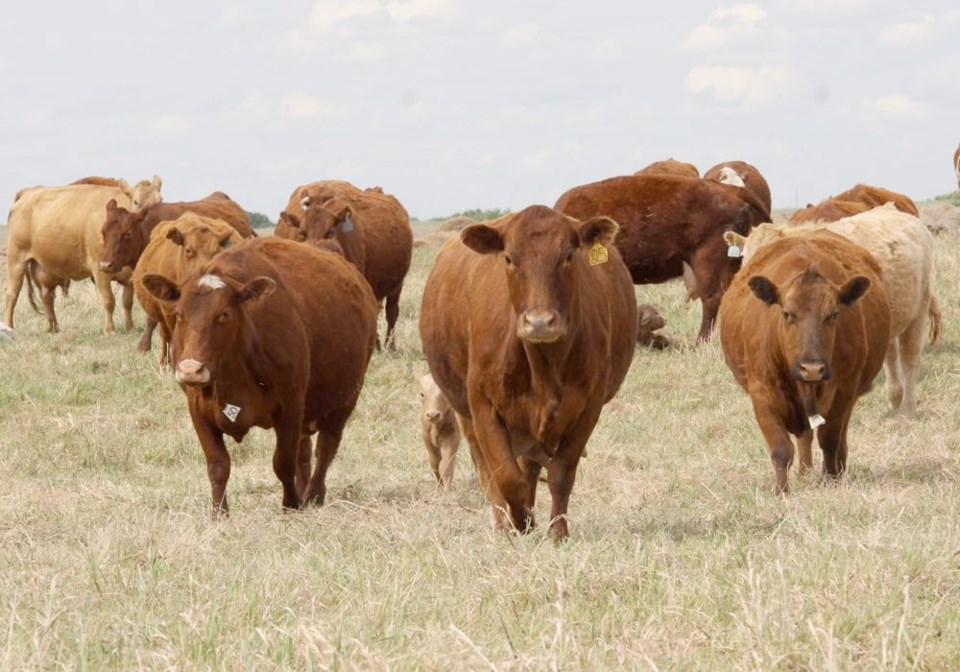Everybody likes win-win situations, but they can be awfully difficult to accomplish.
This country’s recent focus on methane emissions from cattle is one such issue that is crying out for a win-win.
The federal government published preliminary plans late last month that it hopes will encourage producers to make changes that would cut emissions from belching cattle.
The draft protocol, for which the federal government is currently accepting comments, identifies improved management, diet reformulation, feed additives, growth promoters and other innovative strategies as eligible projects.
If producers take these steps and reduce their cattle’s methane emissions, that’s the first part of the win-win scenario.
But what about the second “win?” How do producers who spend money to take these steps also come out as winners?
Ottawa’s plan does allocate offset credits to producers who reduce emissions. They can sell these credits to other businesses that need to meet their targets.
This is all well and good, but it’s going to be difficult to persuade producers out on the ranch that an offset program is going to cover the extra costs of buying an expensive feed additive that cuts methane emissions but doesn’t increase anything else.
In fact, in a story on page 49 of this issue, Karen Beauchemin, a recently retired research scientist from Agriculture Canada’s Lethbridge Research and Development Centre, argues that these additives are currently too expensive to make the offset program work.
Doesn’t sound like much of a win-win.
Another new technology in the pipeline is a vaccine that would reduce emissions, but the problem remains the same — how will a producer be compensated for buying the vaccine in the first place?
It’s not a new problem.
An E. coli vaccine for cattle was once seen as a way to make food safer. However, the E. coli bacteria that live in cattle’s guts don’t actually hurt them, so there would be no economic benefit to the producer to use the vaccine.
Today the debate is over enhanced efficiency fertilizer, which reduces greenhouse gas emissions but doesn’t increase yields enough to make them pay.
Not all of the solutions for reducing methane emissions in cattle will cost producers money.
There are forages that produce fewer emissions and are more productive.
As well, research shows that the use of growth hormones can help because animals reach market weight faster and thus aren’t alive (and burping) as long. This is actually a compelling argument that could one day break down the resistance to this valuable tool.
But generally speaking, the current methane conversation promises higher costs for producers for little economic gain.
The best solution would be a robust traceability program that would reward farmers who produce grain and meat using methane-reduction practices.
However, this is very difficult to do when selling into bulk commodity markets.
In the short term, until we can develop such a system, it would be better for governments to subsidize producers for adopting these practices. The last thing we want to do is put our producers at a disadvantage with their global competitors.
Some would argue that people should do the right thing for the right reasons. After all, we don’t pay people not to pollute.
But there are only so many extra costs that our agricultural producers can take before they buckle under the strain.
In the end, it takes two wins to make a win-win.
Karen Briere, Bruce Dyck, Barb Glen, Michael Robin, Robin Booker and Laura Rance collaborate in the writing of Western Producer editorials.




